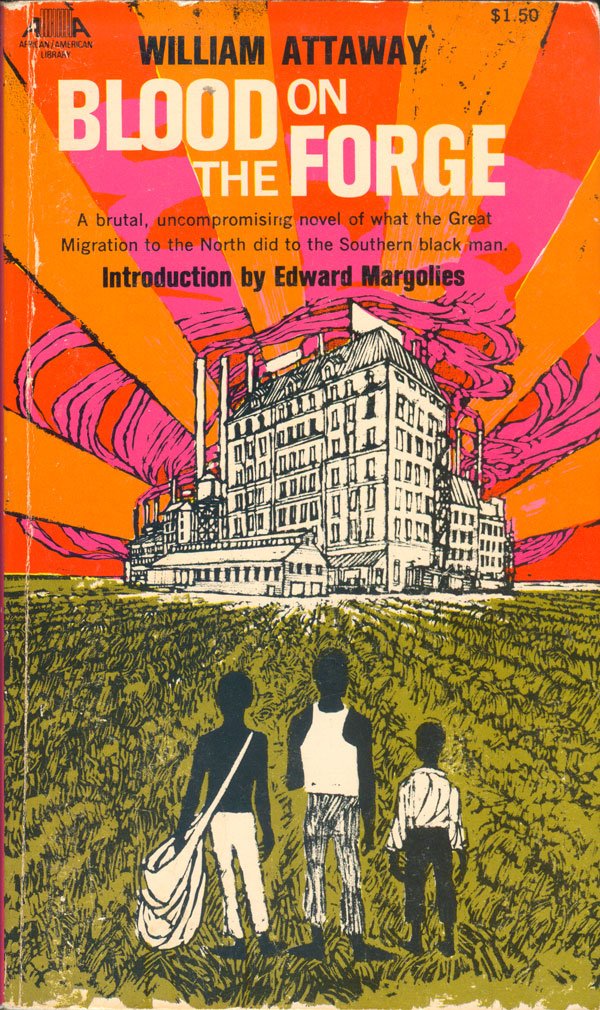Morning reading: Spycraft and contemporary rationalization
Adam rips from the headlines…
I have been surprised by my interest in the case of Jonathan and Diana Toebbe, a Maryland couple accused of trying to sell classified information to a foreign country. Today it was reported, “In a message left on a memory card hidden in a Band-Aid wrapper, the Toebbes asked for $5 million in cryptocurrency in return for some 51 packets of material — potentially 11,000 pages, Mr. Olinits told the court.” What entertains me is the spycraft and Cold War plot blending into the mood and details of contemporary times:
Investigators from the Naval Criminal Investigative Service are still examining how Mr. Toebbe, who continued to work for the Navy as a civilian after leaving the active duty in 2017, could have smuggled out classified material and put it on computer memory cards — a feat that has puzzled current and former officers. A series of thefts of military secrets in recent years has tightened security: External drives and cards cannot be placed in military computers, and photocopiers and printers track who uses them, and for what purpose.
Some students, parents and former colleagues said that Ms. Toebbe became overtly political in her classroom, angered by the Trump presidency and what it seemed to show about America. […]
She would sometimes complain about her pay and the wage gap between men and women, mentioning she could make more money elsewhere, some students said. (Former colleagues differed in their estimates of how much she earned, but most said it was probably about $60,000.)
After the 2016 election of Donald J. Trump as president, some former colleagues and parents said, Ms. Toebbe’s political views came out in class discussions. Ms. Toebbe seemed “genuinely distraught,” Mr. Karsten said, even talking about leaving the United States. […]
It was just a few weeks into the pandemic, in April 2020, when prosecutors say the Toebbes sent a package to an as yet unidentified country. In December, the Federal Bureau of Investigation obtained the package and then, the day after Christmas, sent an encrypted message to the Toebbes offering to buy the information, communications that eventually led to their arrest.

